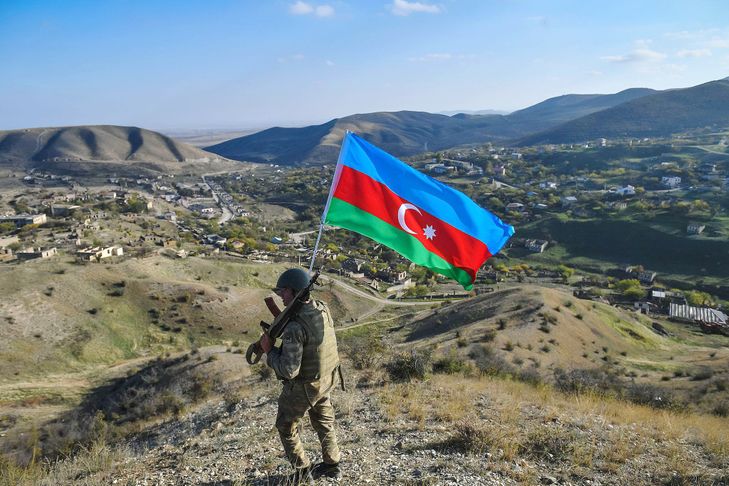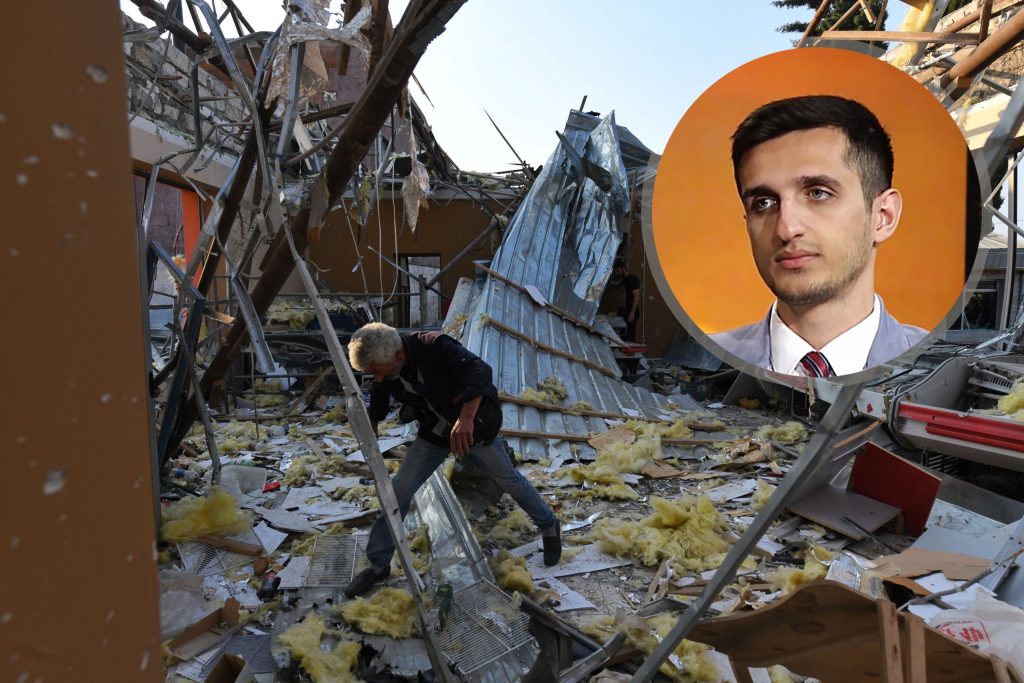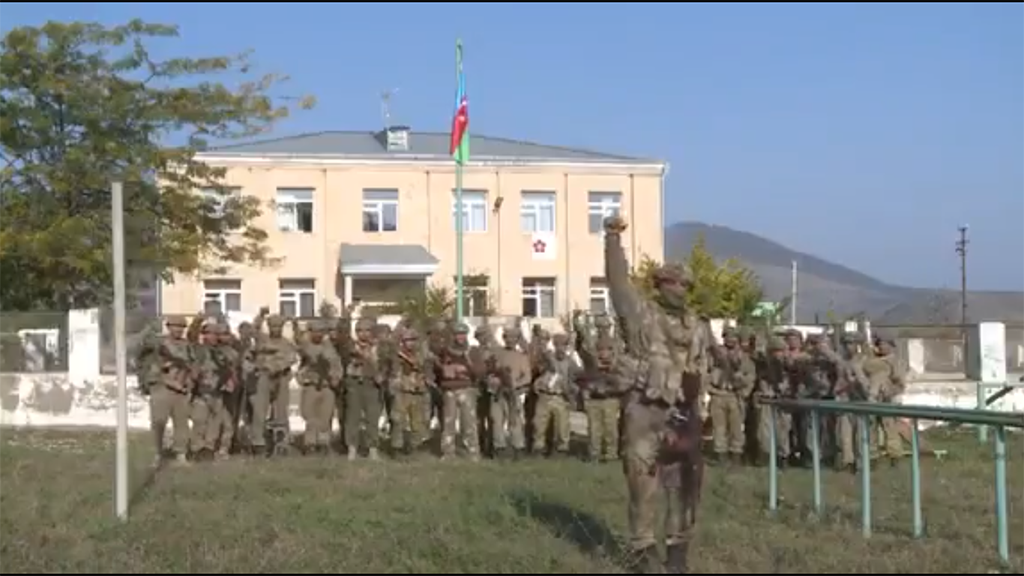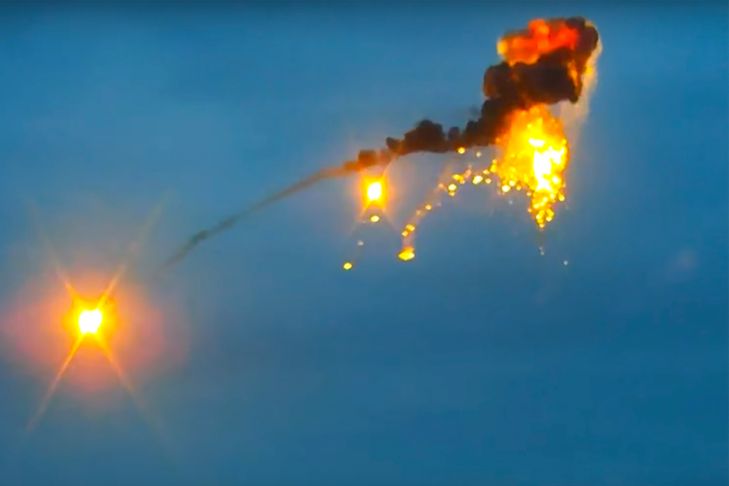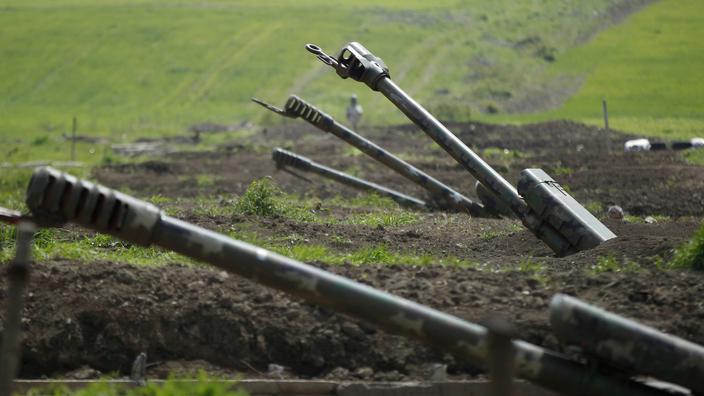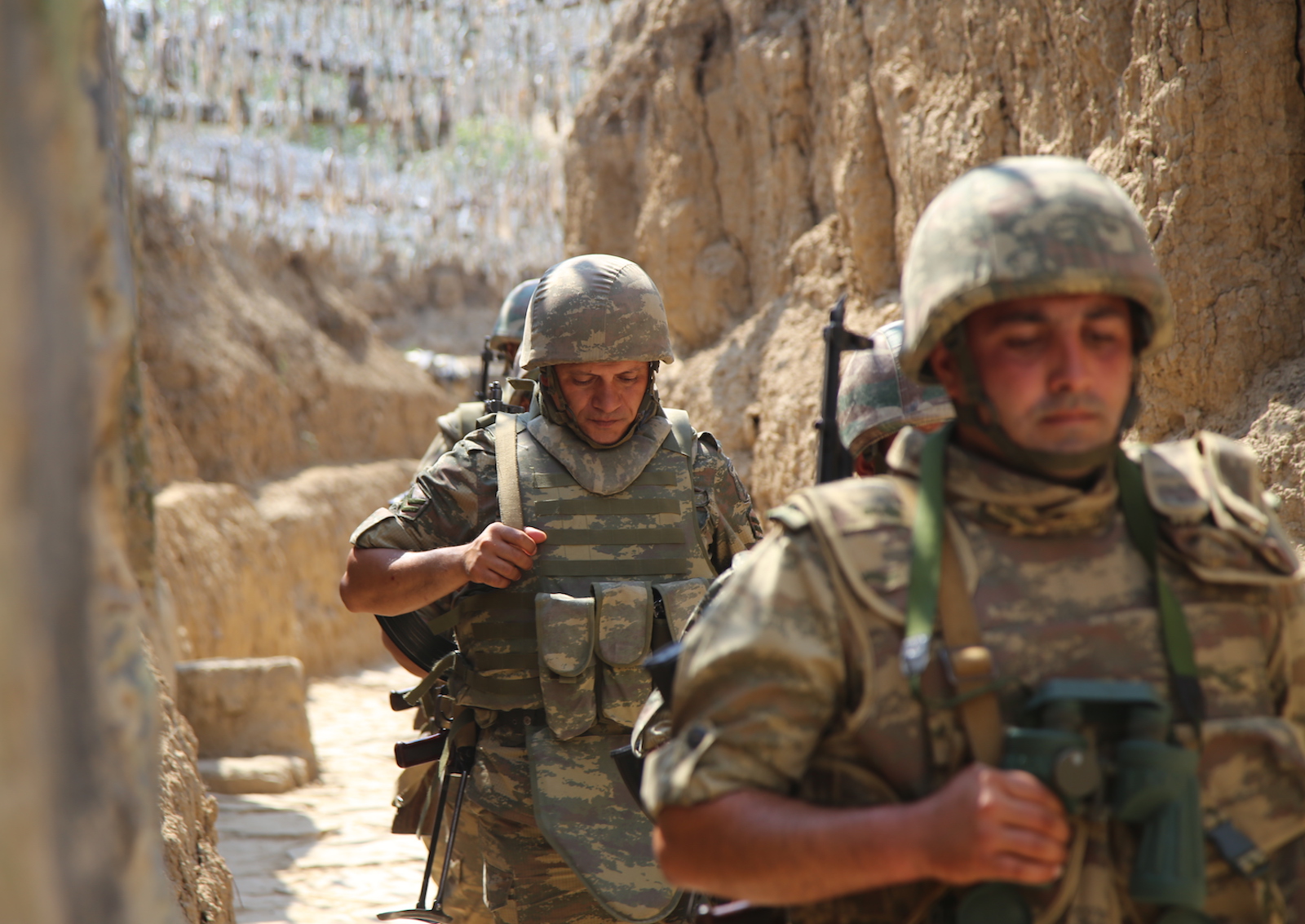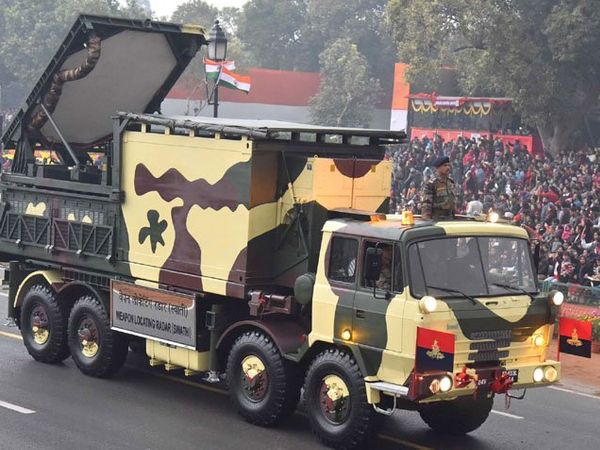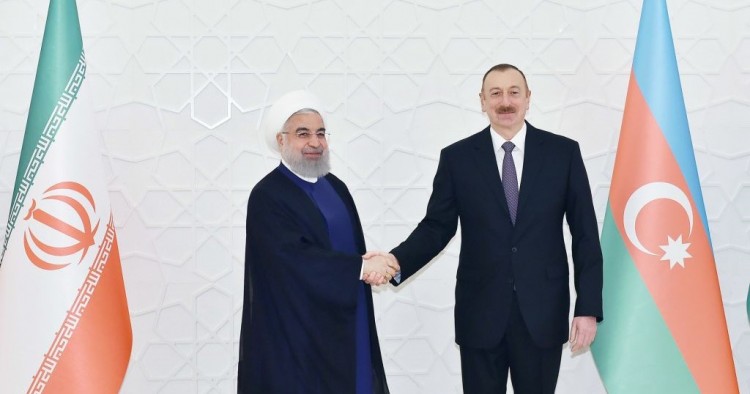
With vast energy sources and favorable geography, Central Asia has been subject to intense rivalries between Russia, China, Iran, Turkey, and the Gulf monarchies, among others, for influence.
The energy sector has become the key prize, with natural gas being of greatest importance. Increasingly, gas is a major source of exports for the region. Central Asia accounts for about 4 percent of global energy deposits. The oil reserves in Central Asia and along the Caspian Sea coast amount to 17 to 33 bbl/d, which are comparable to that of Qatar The Gulf monarchies have been particularly active in this area in recent years, signing several memoranda and partnerships in the region. The energy giant UAE heavily invests in energy sector of the Central Asian countries to increase its own footprint in the region, bring additional investments to fragile economies, and help them to move away from the energy-based economy. Also, the UAE’s growing investments in the region give additional leverage to Dubai-based private companies operating in these countries.

